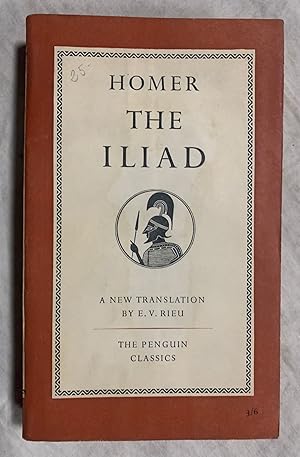

So find a fireside to settle down next to, imagine a bard who has memorised hundreds of lines of poetry, plug in your headphones, and press play. You can also opt for the audiobook of the Stephen Mitchell translation, which is narrated by the English-American actor Alfred Molina. Our own Iliad audiobook is the Robert Fagles translation, magnificently narrated by the British actor-and veteran of the British Classics scene-Derek Jacobi. Chapman's work is still admired but considered somewhat lacking in scholarly accuracy. Keats was inspired by it to write 'On First Looking Into Chapman's Homer', a poem better known now than the translation. Of course all those millennia ago, the Iliad would have been principally listened to, and modern technology means that’s once again easily possible by listening to the poem as an audiobook. War Nerd Iliad, The: Modern Prose Translation of Homers Iliad. His Iliad has been called the masterpiece of his age for its poetic majesty. Which translation of the Iliad should you read? British actor and author Stephen Fry recommends either Robert Fagles’s translation (1969), or that of poet and translator Stephen Mitchell, which was published in 2011. If you want to see what academics say about it and its author(s), Homer, start with our interview with Christopher Pelling, Regius Professor of Greek Emeritus at Oxford University, below. The Iliad, a Greek poem dating from around 700 BCE, is a defining text of western literature. Iliad, opening lines (Stephen Mitchell translation) Leaving their naked flesh to be eaten by dogsĪnd carrion birds, as the will of Zeus was accomplished” The deadly rage that caused the Achaeans such griefĪnd hurled down to Hades the souls of so many fighters,

“The rage of Achilles-sing it now, goddess, sing through me Foreign Policy & International Relations.


 0 kommentar(er)
0 kommentar(er)
